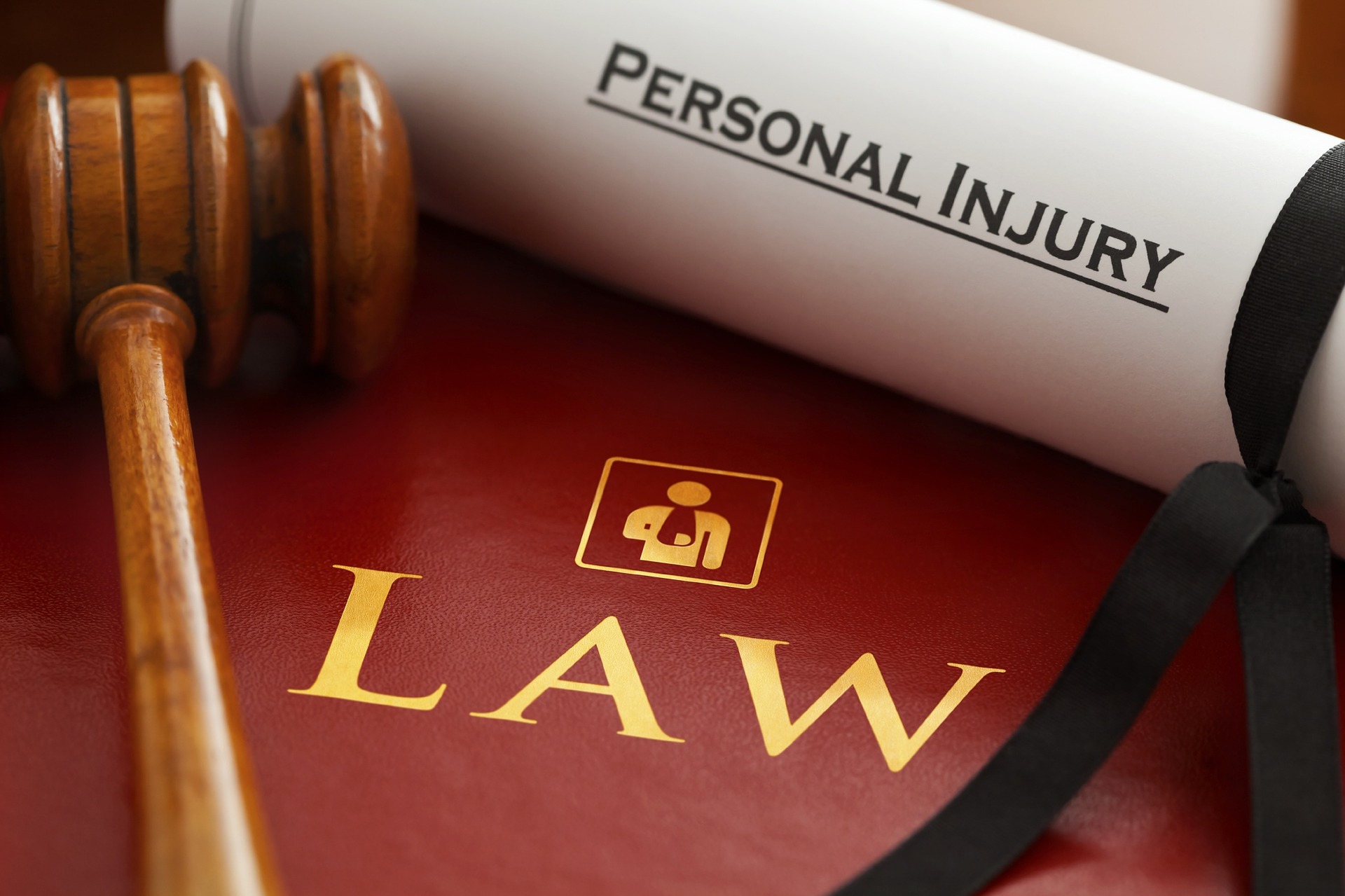 Nobody wakes up in the morning and believes he or she will experience a car crash that day. Nobody walks out of an apartment building and expects to slip on icy stairs.
Nobody wakes up in the morning and believes he or she will experience a car crash that day. Nobody walks out of an apartment building and expects to slip on icy stairs.
People don’t undergo a normal surgical procedure and expect the doctor to make a major error. We go through our lives mostly expecting things to go normal.
Unfortunately, sometimes they don’t. If you find yourself in one of these situations, you need to know what to do. It’s also smart to be aware of what not to do.
The Five Common Mistakes You Want to Avoid
In personal injury situations, people make the same common mistakes over and over. Occasionally, such missteps can be overcome, but too often they weaken claims and/or lead to serious legal complications.
Here’s a review of five of the essential errors so you are less likely to fall victim to them.
1. Choosing Not to Seek Medical Attention
Nobody wants to waste a day at the hospital. But this concern discourages a lot of folks from seeking medical attention after an incident that may have caused them injury.
A crucial problem with failing to seek medical attention, however, is that this choice compromises the integrity of your legal case. It becomes much easier for the insurance company to claim you weren’t really hurt, or that the injuries you developed later weren’t the direct result of the incident.
Even if your injuries seem minor at the moment, you should seek medical attention as quickly as possible anyway. This will establish a medical paper trail that comes in handy when you enter into settlement negotiations or pursue a lawsuit.
2. Failing to Record Key Details
Our mind plays tricks on us. What seems so crystal clear in the moment could swiftly disappear into an abyss of lost memories.
It’s crucial for you to record key details of the case as soon as you possibly can. Take photographs, jot down notes, or, if necessary because of time constraints, leave yourself an audio-recorded message.
It doesn’t take much time or effort to do these things, and they could become vital components of your case.
3. Talking Openly With the Insurance Company
When you’re injured in an accident, the negligent party’s insurance company will likely reach out in an attempt to figure out what happened. Based on the information they gather, the insurance carriers will eventually make a settlement offer. The offer will likely be worth just a fraction of the potential value of the case.
Dealing with accident-related injuries is stressful enough. You may suffer physical pain, emotional distress, and numerous other symptoms and side effects.
According to Serious Injury Law Group, “The insurance companies can make it worse. They are focused on their revenue — not your needs. They will use investigators and attorneys to try to pay you as little as possible after an accident.”
In some cases, the initial settlement offer may be just 10 to 20 percent of the case’s real value. These lowball offers are especially common when the injured victim is unrepresented.
4. Failing to Hire an Attorney
Don’t make the mistake of trying to represent yourself in your case. Doing so will limit the value of your claim and make it difficult to get what you deserve.
Contrary to popular belief, personal injury attorneys do not seek to take all your money. They typically work on a contingency fee basis, which means you don’t pay a dime for their services unless they land you a settlement.
5. Letting the Statutes of Limitations Pass
Some people sit back and wait … with the hope that the insurance company will contact them with an enticing offer. Others spend weeks, months, or years trying to determine whether they should file suit.
Although discipline and discretion are wise tools, don’t make the mistake of letting too much time go by. Every state has its own statutes of limitations.
In personal injury cases, local statutes usually give you between two and three years to file a claim. If you don’t start the process within that timeframe, you’ll lose your ability to seek compensation.
Make Smart Decisions
You don’t ever know how you’re going to respond to a situation until it happens. If you find yourself injured as the result of someone else’s mistake or negligence, you need to be prepared to make smart, proactive decisions for the benefit of your health, finances, and personal freedoms.
Avoid the aforementioned mistakes, and you’ll be off to a good start.